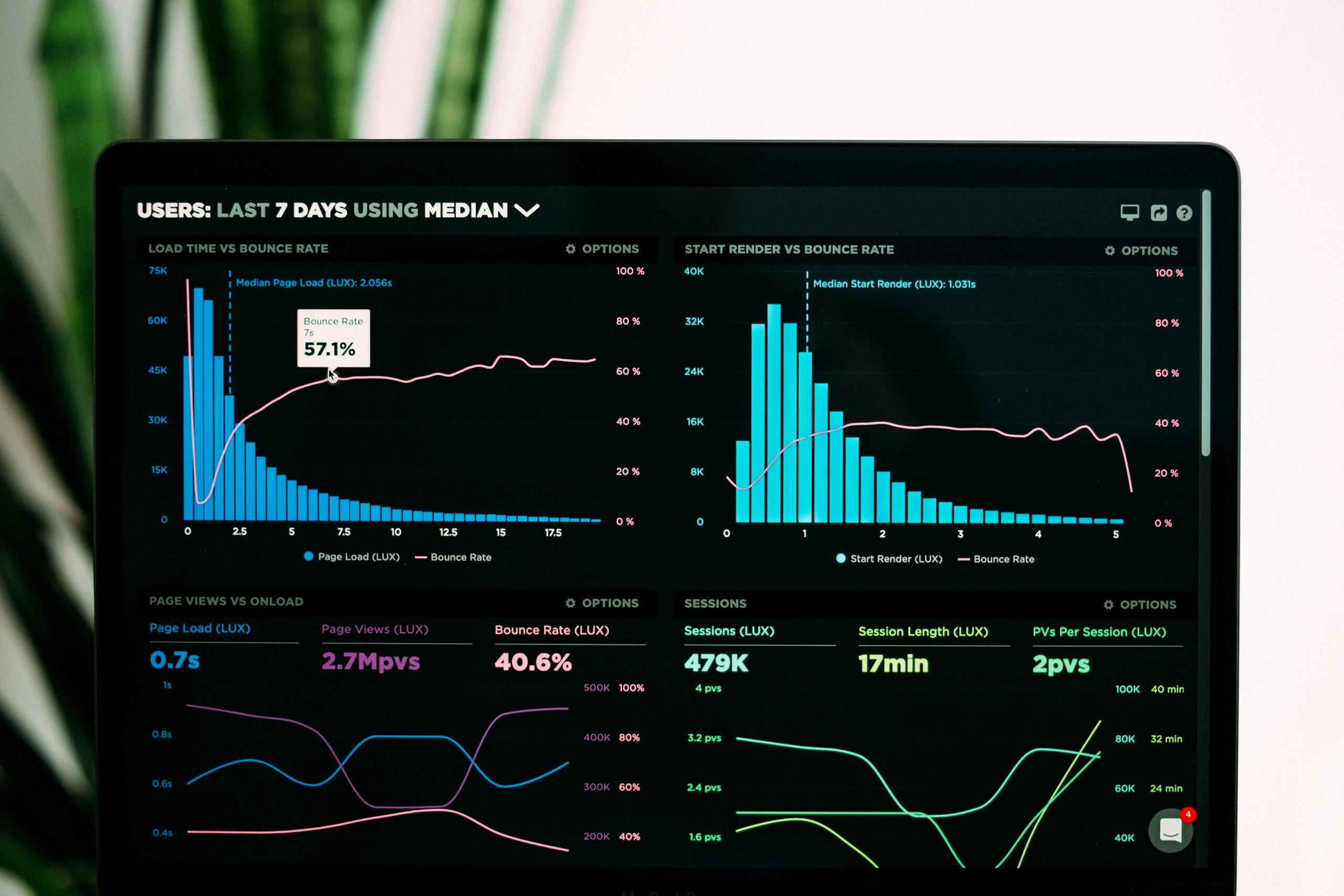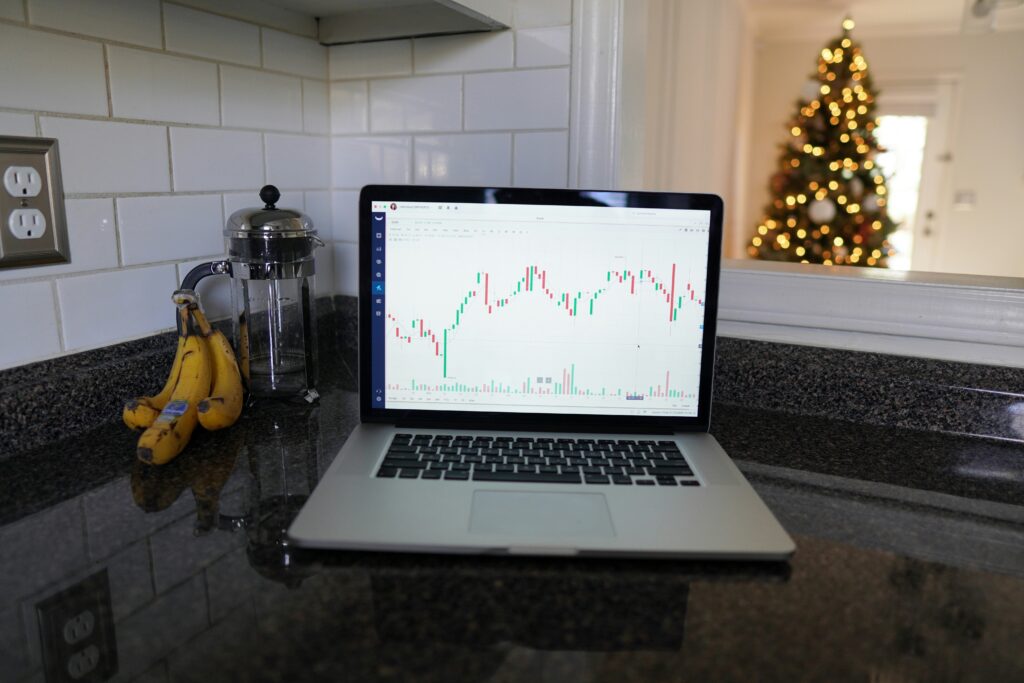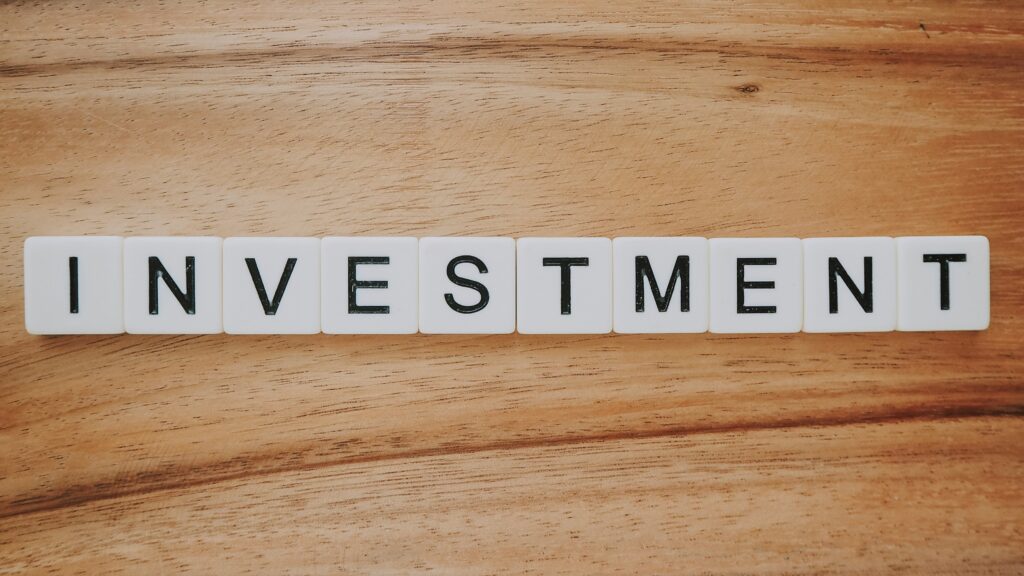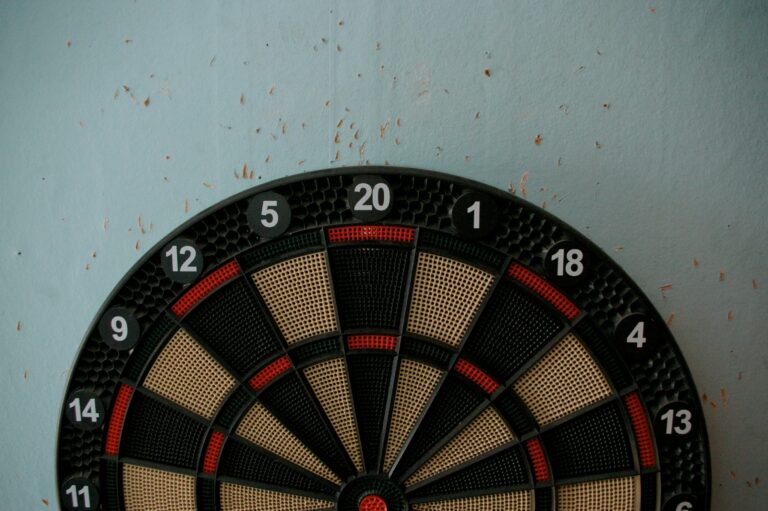
As I interact with more young people, it is clear that most of them lack financial education.
You can see evidence of this in some of the rash judgment calls they make about money. Many can’t fight off the urge to keep up with the Joneses and easily buy things they can’t afford.
Others have no limit on their spending, no savings habit, or investment knowledge.
Worse yet, some have no risk management plans in place, leaving them in trouble should any financial emergency occur. In short, their finances could use a world of improvement.
The good news is you don’t have to make a million dollars next year to turn your finances around. You can start with these little steps and help yourself improve over time.
Build a budget
Do you spend according to a budget or at a whim? Do you know where your money goes, and are you happy about that? What can you do to help you spend smarter, on the things that truly matter to you?
Answers to these questions and many others are why you need to build a budget.
With a proper budget in place, you will also know where your money comes from and how you can match your income to your expenses. Not fun to do, not sexy to do, but worth every minute you spend to get it right.
Review your bank and momo statement(s)
Many Ghanaians only receive payments and withdraw money from their bank accounts. But occasionally, it will help you to dig a little deeper.
Do you know how much interest your money earned last month? Have you figured out how much interest your bank pays on the account you run? How much did your bank charge you last month or last year? And for what services?
Many of these details will be in your bank statement. You will also see how well your money grew month-on-month or year-on-year.
Build an emergency fund
Many Ghanaians have no emergency fund. Well, it’s not exclusive to Ghanaians. And that’s not good news. When an emergency comes up that requires cash, that’s where you see people scrambling for money to help.
That’s not a smart way to live. Start setting aside money exclusively for emergencies because they will happen. Also, you never want to deplete the fund, and so if you take out some money from it, ensure you put it back.
The aim is to have at least six months’ worth of expenses saved up in a liquid account. That way, it’s easy to access this money to help meet emergencies such as sickness.
Calculate your net worth
What are you worth? It may not mean much to many people, but knowing your net worth helps.
At least, you can do a year-on-year comparison to see how far you’ve come.
To know your net worth, determine the value of your assets, including money in the bank, monies owed to you, and investments. Next, deduct your liabilities from this amount. These are monies you owe others, say a loan, a mortgage, or the money you borrowed from your telco.
The difference between your assets and liabilities is your net worth. Look to grow this year on year by increasing your assets and reducing your (bad) liabilities.
Check your pensions/retirement accounts
You don’t have to wait till you’re 60 years old before you check how much you have in your retirement account. Once in a while, check in with the Social Security and National Insurance Trust to know what your contributions have amounted to thus far.
If you’ve bought other retirement plans, say, an annuity from an insurance company, do regular check-ups on that, too.
Get them to estimate how much you would be collecting monthly in retirement if you retired today, and how you can improve upon that. That peace of mind will serve you well.

Review your insurance policies
If you bought life insurance or any other insurance cover, take time to check in to see how much cover is available based on your current policy.
Sometimes, the premiums may change, but your cover remains the same. Or your benefit may even have reduced over time.
You may not know until you check and ask the relevant questions. For example, when I lost my dad in May 2025, I quickly checked in with my insurance company to review my premiums on a policy I had to cover my parents.
Maybe you were due some cash-back benefit? Check in regularly to stay updated. And don’t be afraid to shop around for better alternatives. It could save you hundreds of cedis annually.
Review your income sources
It’s all well and good to have multiple income streams. But it doesn’t hurt to check in often to see how each income source is performing, and at what cost.
You would also know to put more funds in one income source or reduce your investment in another.
This review may even help you stay on top of some legal and compliance issues, for example, filing your taxes.
Learn about money
The world revolves around money, and you can’t stay ignorant about it. The more you learn about it, the more likely you are to make even more money. Or at least not lose the little you have.
Even an online course in basic financial education is a good way to start.
Everyday money concepts like savings, inflation, and time value of money are must-know.
Learn about investing
One of the surest ways to grow your money is by investing it. If you know nothing about investments, you are unlikely to take advantage of this wonder.
For example, rates of return, risk profiles, investment vehicles, and asset classes should be at your fingertips if you intend to know more about how investing works and how you can tap into these benefits.

List your needs and wants
Many people mix these and mismanage their money. To help you improve your financial health, it will serve you well to differentiate your needs and your wants (these are unique to you) and learn how to make the most of your limited finances.
It will also show you what to prioritize when it comes time to spend.
Leverage automated decision-making
It’s easy to list all the financial goals. But taking the steps to achieve them isn’t always as straightforward. One way to improve your chances is to leverage automated decision-making.
Whether it is saving, investing, or tracking expenses, you could use digital tools that simplify the process.
For example, you can find many apps that help you automate budgeting and expense tracking, adding up the numbers almost immediately after you enter them.
Know your numbers
How much of your income do you spend on rent? How about food, transport, charity, or healthcare? And how about savings? Knowing your financial numbers helps you plan better.
Knowing your numbers also paints a picture of your financial health. For example, if you spend 50% of your income on rent, you know that’s not healthy.
Check your investments
It’s a genius move to check how your investments are performing, especially medium to long-term options. You will better know which ones are working well and are worth keeping or dropping.
For fixed-term options, you have no choice but to wait till maturity. At the time, you can decide to roll things over or disinvest.
Teach yourself basic demand and supply
The demand and supply theory is the underlying principle of economics. If you understand it, you will improve aspects of your finances, in terms of purchases.
For example, the higher the demand for any particular product, the higher the price will be.
Take new smartphones, for example.
When they launch, everyone clamours for the new thing. Over time, demand cools, and the prices begin to drop. Understand this principle and benefit from demand and supply.
Learn from the experts
Look for a few trusted colleagues doing well financially (by legal means) and learn from them. Sometimes, all it takes is an expert to advise you on a few financial steps you can take to improve your finances.
Not all expert advice is free, though. However, paying for financial advice can be worth it if you find the right person.
However, if you can find someone close to you, learn all you can from them, and improve your finances.
Many Ghanaians have room for improvement in their finances. And while there’s so much to do to improve your finances (well beyond one blog post), I hope a few of these everyday tips could help set you on the right path.
Good luck with your endeavor, and I would love to hear about your progress
Looking to improve your finances? You can receive tips on basic Financial Education when you subscribe to our newsletter below.
PS: check your spam folder and whitelist us.



Blog Comments
5 Realistic Side Hustles to Help You Make Money in Ghana - Financial Literacy for Ghanaians
September 17, 2025 at 12:36 pm
[…] You might also like: 15 baby steps you can take to improve your finances in a year […]